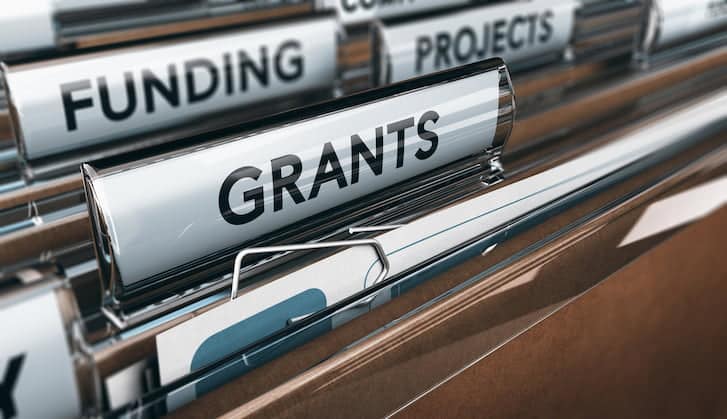The majority of WA businesses are prepared to pay more for energy to reduce their emissions, and are seeking a clear commitment and credible pathway to achieving net zero by 2050, according to key findings from CCIWA consultation.
The findings, released ahead of COP26 in Glasgow, are based on hundreds of businesses of all sizes taking part in CCIWA-facilitated workshops and surveys on climate change and energy.
The results reveal more than two in three (68 per cent) businesses would be prepared to pay higher energy bills in order to see lower emissions.
On average, WA businesses indicated they would be willing to pay a 12 per cent premium for their energy to reduce emissions — a figure which was consistent among metro and regional businesses. It was higher among finance (21 per cent), health care (19 per cent) and agriculture businesses (15 per cent).
Register now: Conversations on Climate Change
Prime Minister Scott Morrison on Tuesday (October 26) announced Australia’s commitment to achieve net zero emissions by 2050.
CCIWA’s research shows businesses back a clear commitment and credible pathway to that goal.
Three quarters (72.8 per cent) of WA businesses support a hard 2050 target, while more than half (53.7 per cent) indicate support for a 2040 target.
“Without a commitment, WA businesses say they’ll struggle to attract and secure investment, or meet the expectations of customers and staff, risking significant economic and reputational damage,” said CCIWA Chief Economist Aaron Morey.
“WA businesses have also highlighted the importance of a credible carbon offsets market. This is particularly important for an industrial economy like WA, which will rely more heavily on carbon offsets to achieve net zero targets.”
The Prime Minister said the Government’s “technology-driven plan sets out a credible pathway to net zero by 2050, while preserving our existing industries, establishing Australia as a leader in low emissions technologies, and positioning our regions to prosper”.
“The Plan is based on our existing policies and will be guided by five principles that will ensure Australia’s shift to a net zero economy will not put industries, regions or jobs at risk.
“The principles are: technology not taxes; expand choices not mandates; drive down the cost of a range of new technologies; keep energy prices down with affordable and reliable power; and, be accountable for progress.”
CCIWA’s findings show lower emissions cannot come at the expense of reliability, with 53 per cent nominating reliability as the most important feature of their energy supply, followed by cost (36.9 per cent) and reduced emissions (9.2 per cent).
However, more businesses expressed being unsure about the adequacy of measures like an emissions trading scheme (45 per cent), emissions reduction fund (44 per cent), or a carbon tariff (38 per cent), than were “for” or “against” them.
“The clearest view was on Government financial support for low emissions technology, which 46 per cent of businesses viewed as inadequate,” Morey said.
“The results clarify that it is critical for Federal and State Governments to partner with key business groups to lift preparedness and support transition.”
For advice and guidance running your business, contact CCIWA’s Employee Relations Advice Centre on (08) 9365 7660 or email [email protected].
For the latest economic reports see CCIWA’s Economic Insights page.






